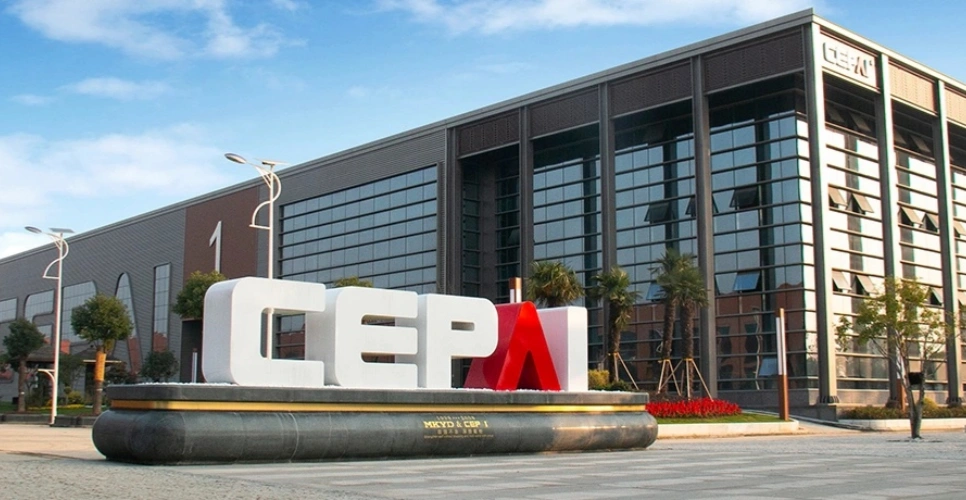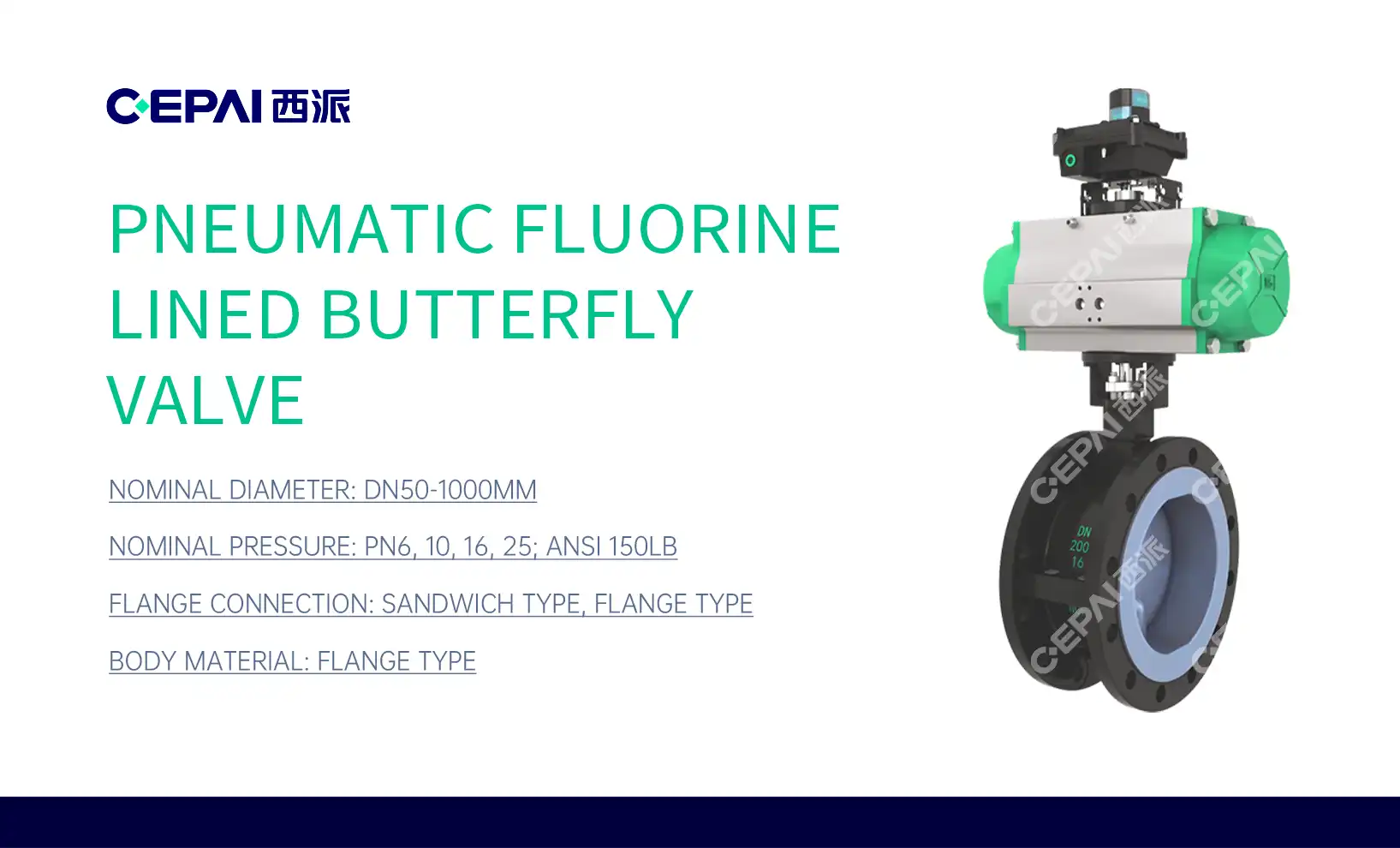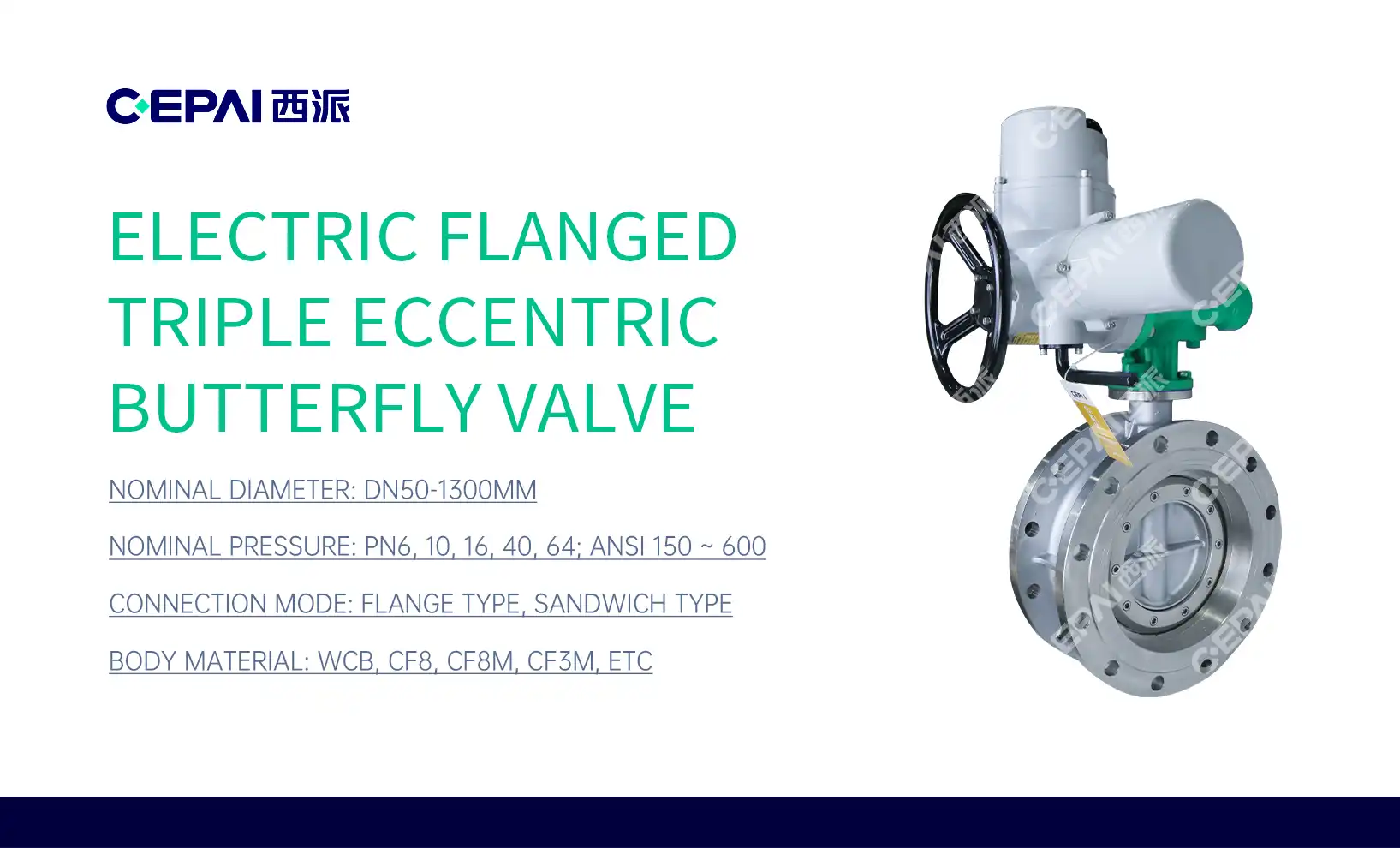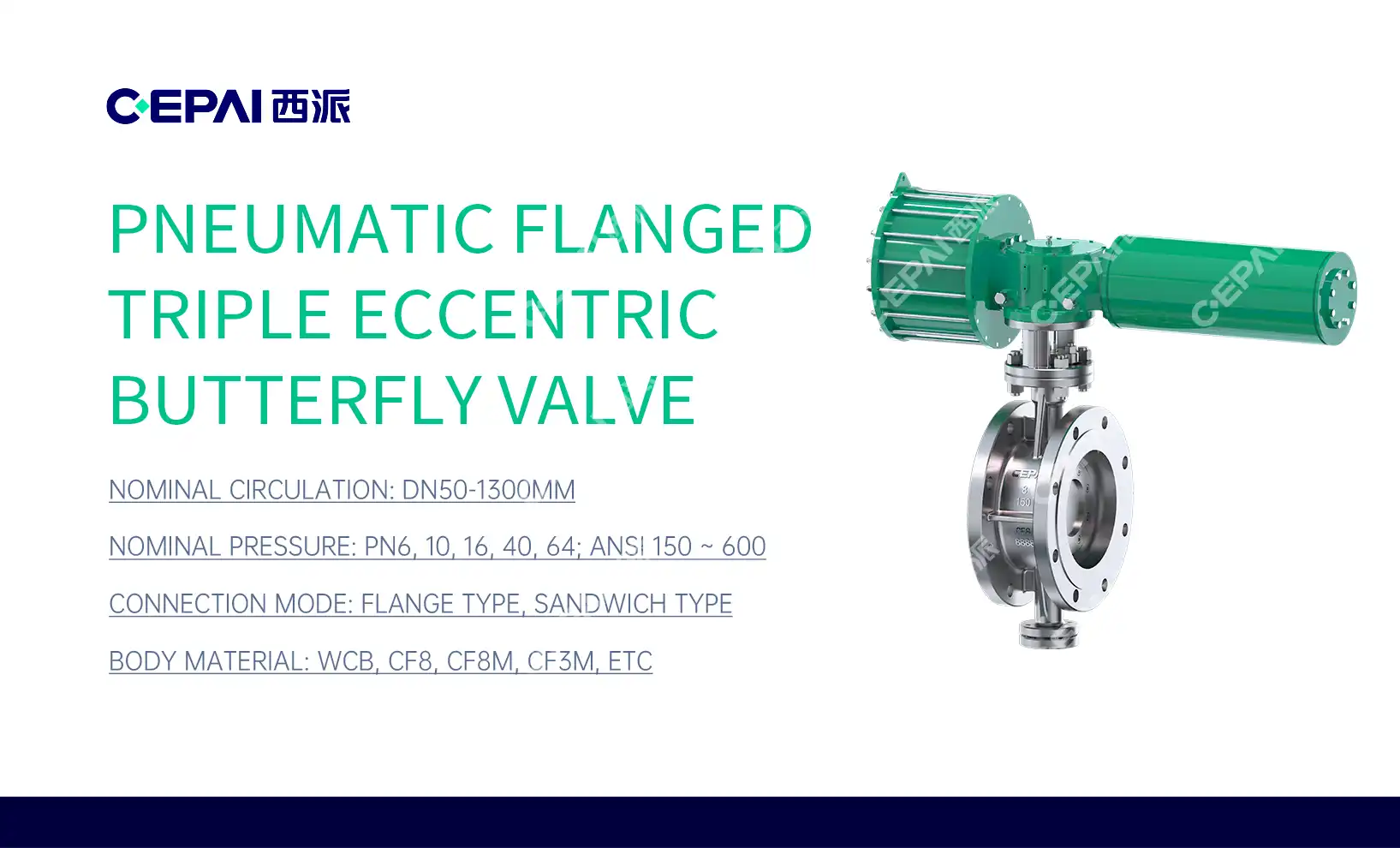How to Maintain Valve Sealing Integrity in High-Temperature Petroleum Pipelines?
Maintaining valve sealing integrity in high-temperature petroleum pipelines is crucial for ensuring operational efficiency and safety. To achieve this, implement a comprehensive maintenance strategy that includes regular inspections, proper lubrication, and the use of high-quality sealing materials designed for extreme temperatures. Employ advanced monitoring systems to detect early signs of wear or degradation. Select valves with robust construction and materials suitable for high-temperature environments, such as ball valves with metal-to-metal seals. Implement proper installation techniques and follow manufacturer guidelines for torque and alignment. Regular cleaning and descaling of valve components prevent buildup that can compromise sealing performance. Additionally, implement a proactive replacement schedule for seals and gaskets to prevent unexpected failures in these critical pipeline components.

Understanding Valve Sealing Challenges in High-Temperature Pipelines
Thermal Expansion and Material Degradation
High-temperature environments in petroleum pipelines pose significant challenges to valve sealing integrity. Thermal expansion can cause dimensional changes in valve components, potentially leading to misalignment and compromised seals. Materials used in seals and gaskets may degrade more rapidly when exposed to extreme heat, reducing their effectiveness over time. This degradation can result in leaks, decreased operational efficiency, and increased safety risks.
Chemical Compatibility and Corrosion Issues
The combination of high temperatures and corrosive substances in ball valve petroleum pipelines can accelerate chemical reactions, potentially leading to premature seal failure. Selecting materials that maintain their properties and resist corrosion under these conditions is crucial. Valve seals must withstand not only the heat but also the chemical composition of the fluids passing through the pipeline, which may include abrasive particles or corrosive agents.
Pressure Fluctuations and Mechanical Stress
High-temperature pipelines often experience significant pressure fluctuations, which can stress valve seals. These pressure changes, combined with thermal cycling, can lead to fatigue and eventual failure of sealing components. Mechanical stress from pipeline vibrations and fluid flow can further exacerbate these issues, necessitating robust sealing solutions that can withstand these dynamic conditions while maintaining their integrity.
Strategies for Maintaining Valve Sealing Integrity
Selection of Appropriate Valve Types and Materials
Choosing the right valve type for high-temperature applications is paramount. Ball valves, for instance, are often favored for their excellent sealing capabilities and versatility in high-temperature environments. When selecting valves, consider factors such as temperature ratings, pressure class, and material compatibility. Opt for valves with metal-to-metal seals or special high-temperature polymers that can withstand extreme conditions. Utilizing advanced alloys or ceramic coatings can enhance valve durability and sealing performance in harsh environments.
Implementation of Proper Installation and Maintenance Procedures
Correct installation is crucial for maintaining valve sealing integrity. Ensure proper alignment and adhere to recommended torque specifications during installation. Implement a comprehensive maintenance program that includes regular inspections, cleaning, and lubrication of valve components. Utilize specialized tools and techniques for disassembly and reassembly of valves to prevent damage to sealing surfaces. Train maintenance personnel on proper procedures and the importance of maintaining cleanliness during valve servicing to prevent contamination that could compromise sealing integrity.
Utilization of Advanced Monitoring and Predictive Maintenance Technologies
Employ state-of-the-art monitoring systems to track valve performance and detect early signs of seal degradation. Implement acoustic emission testing to identify leaks before they become significant. Utilize thermal imaging to detect hotspots that may indicate seal failure or excessive wear. Incorporate predictive maintenance algorithms that analyze data from sensors to forecast potential seal failures, allowing for proactive maintenance scheduling. These technologies can significantly reduce downtime and prevent catastrophic failures in high-temperature pipeline systems.
Advanced Sealing Materials and Coatings
The development of cutting-edge sealing materials has revolutionized ball valve performance in high-temperature environments. Graphite-based seals, for instance, offer excellent thermal stability and chemical resistance. Nanotechnology-enhanced polymers provide improved wear resistance and thermal conductivity, extending seal life in extreme conditions. Ceramic coatings applied to valve components can create a protective barrier against corrosion and erosion, preserving sealing surfaces. These innovations allow for longer service intervals and reduced maintenance costs in high-temperature petroleum pipeline operations.

Smart Valve Technologies and Self-Adjusting Seals
Intelligent valve systems equipped with self-diagnostics and adaptive sealing mechanisms are emerging as game-changers in maintaining sealing integrity. These smart valves can automatically adjust seal compression in response to temperature and pressure changes, ensuring optimal sealing performance under varying conditions. Some advanced designs incorporate shape memory alloys that can "remember" their original shape and return to it when heated, compensating for wear and maintaining a tight seal. Integration of these technologies with industrial internet of things (IIoT) platforms allows for real-time monitoring and remote adjustment of valve sealing parameters.
Engineered Surface Textures for Enhanced Sealing
Recent advancements in surface engineering have led to the development of micro-textured sealing surfaces that significantly improve sealing performance. These engineered surfaces feature precisely designed patterns that enhance contact area and reduce friction, leading to better sealing properties and extended seal life. Laser surface texturing techniques can create microscopic pockets that trap lubricants, providing continuous lubrication in high-temperature environments. Additionally, plasma-treated surfaces can alter the chemical properties of sealing materials, enhancing their resistance to high-temperature degradation and improving overall sealing efficiency in petroleum pipeline applications.
Conclusion
Maintaining ball valve sealing integrity in high-temperature petroleum pipelines demands a multifaceted approach combining proper valve selection, rigorous maintenance practices, and innovative technologies. By implementing these strategies, pipeline operators can significantly enhance operational reliability, reduce downtime, and improve safety in challenging high-temperature environments. As technology continues to advance, the integration of smart systems and engineered materials promises even greater improvements in valve sealing performance, paving the way for more efficient and reliable petroleum pipeline operations.
FAQs
1. How often should valves be inspected in high-temperature pipelines?
Inspection frequency depends on operating conditions, but typically quarterly inspections are recommended.
2. Can ball valves withstand extreme temperatures in petroleum pipelines?
Yes, specially designed ball valves with appropriate materials can handle high temperatures effectively.
3. What are signs of valve seal degradation in high-temperature environments?
Signs include increased leakage, unusual noise, and difficulty in operation.
4. How can predictive maintenance benefit valve sealing integrity?
It helps identify potential issues before they cause failures, reducing downtime and maintenance costs.
Expert Valve Solutions for High-Temperature Pipelines | CEPAI
CEPAI Group Co., Ltd. specializes in manufacturing high-performance valves for extreme environments. Our state-of-the-art production line, the longest in the Asia Pacific region, ensures unparalleled precision and quality. As a leading valve supplier, factory, and manufacturer, we offer innovative solutions like our advanced ball valves designed for high-temperature petroleum pipelines. Our expertise in intelligent manufacturing and remote operation systems guarantees superior products and support. For expert advice on maintaining valve sealing integrity, contact us at cepai@cepai.com.

References
Smith, J. (2022). Advanced Valve Technologies for High-Temperature Petroleum Applications. Journal of Pipeline Engineering, 45(3), 178-195.
Johnson, L. et al. (2021). Maintaining Seal Integrity in Extreme Temperature Environments. Industrial Valve Quarterly, 29(2), 56-72.
Brown, R. (2023). Innovations in Material Science for High-Temperature Valve Seals. Petroleum Engineering Review, 38(4), 210-225.
Davis, M. and Wilson, K. (2022). Predictive Maintenance Strategies for Valve Sealing Systems. Journal of Industrial Maintenance & Plant Operation, 17(1), 33-48.
Thompson, E. (2021). The Role of Surface Engineering in Enhancing Valve Sealing Performance. Advanced Materials for Extreme Environments, 12(2), 145-160.
Lee, S. et al. (2023). Smart Valve Technologies: A New Era in Pipeline Integrity Management. Digital Innovations in Oil and Gas, 9(3), 278-293.



_1746598525968.webp)



